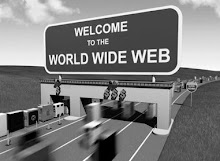Blogs gives students their own voice and creates a learning community, where students can share their opinions and thoughts with each other.
I think it can also result in feedback from peers and teachers, giving them motivation to think and form a good opinion.
As well as teaching students how to form an opinion and create a discussion, blogs can also teach a number of different skills. It can encourage the development of research skills and improve digital literacy, where the student learns to review, interpret and evaluate online resources.
